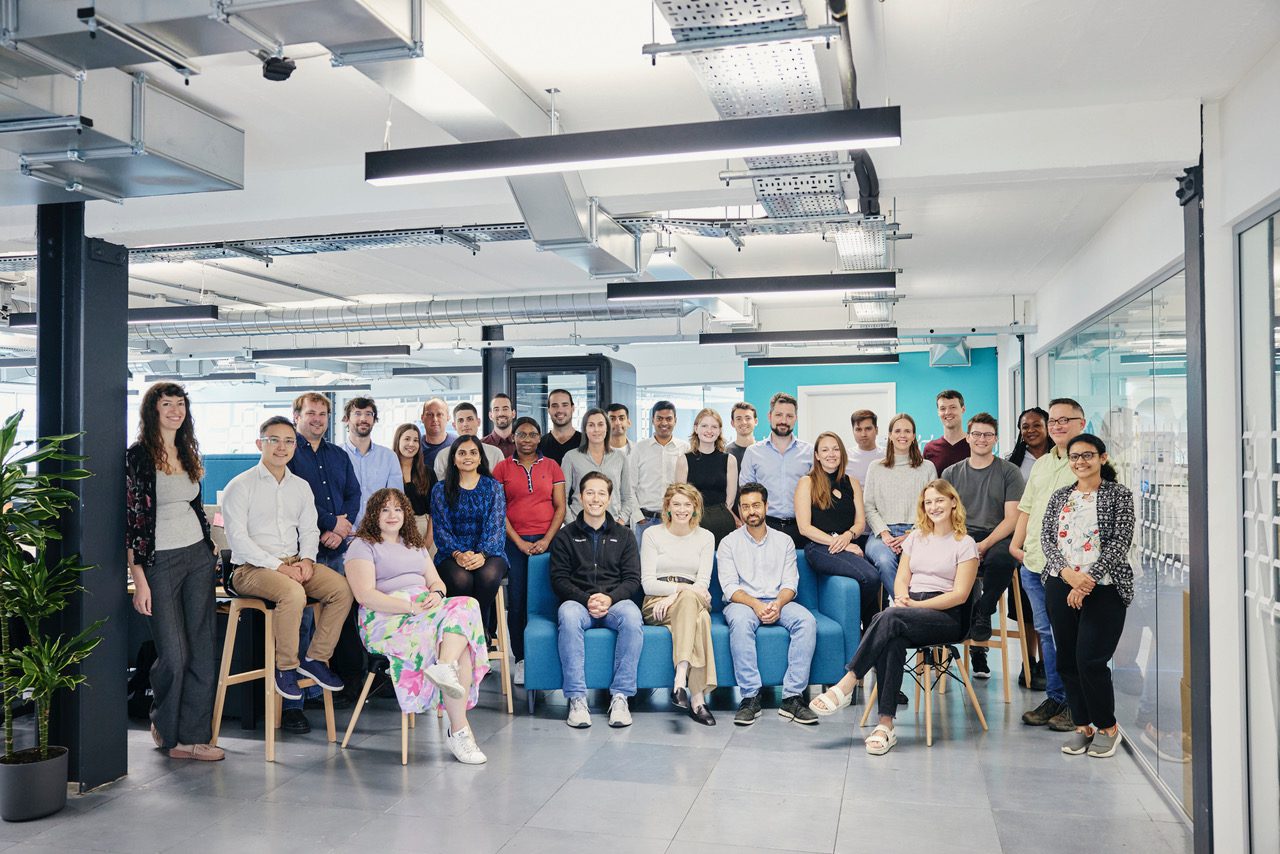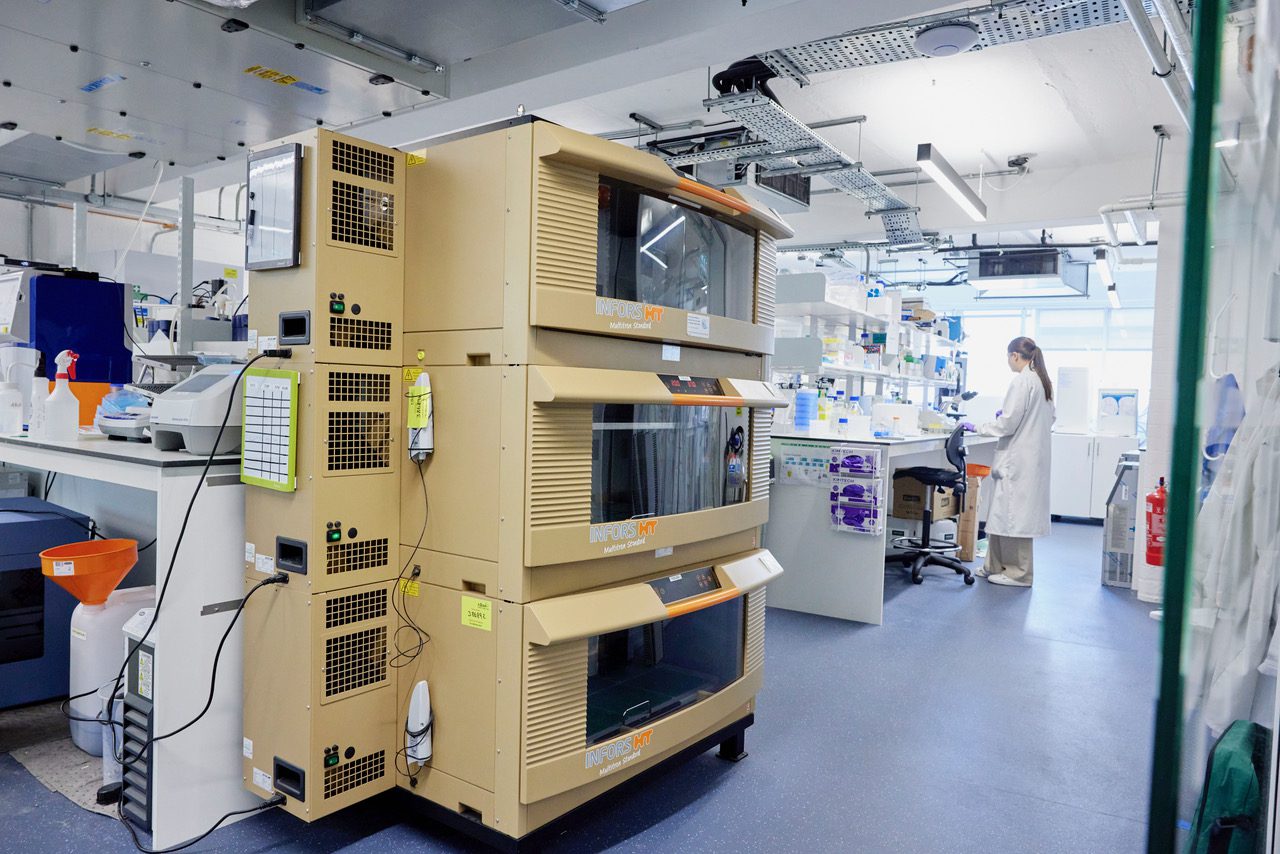On the fourth floor of an unassuming-looking building near London, a biotech startup is developing ways to replace petrochemical products with sustainable alternatives.
Walking into the office, like any other you are greeted with rows of desks. But on the far side of the room sits a laboratory behind floor-to-ceiling glass panels.
Inside the laboratory, which accounts for roughly half of the office space, are various spinning machines carrying out reaction tests. Over in one corner is an automated lab bench from Automata placing enzymes into numerous pipettes of solutions.
It is here that FabricNano is developing ways to replace petrochemicals. But what are the possibilities associated with this?
Founder and CEO Grant Aarons says the applications are endless. But for now, the startup is focusing on industrial chemicals.
That includes fuel, cleaning fluids, plastics and antibiotics – all areas where petrochemicals can cause harm to the environment.
The commodity chemical industry is worth around $5tn (£4tn) and makes up 10% of global greenhouse gas emissions, explains Eliza Eddison, VP of operations. The industry is the biggest industrial petroleum oil and gas user too.
The problem with producing these chemicals is that it creates a large amount of greenhouse gases and available biocatalysts typically last only a few hours.
FabricNano’s “enzyme machinery” biocatalysts use proteins that speed up certain reactions. Similar to a production line in a factory, the proteins are capable of performing a specified chemical reaction.

Image credit: FabricNano
Enzymes are placed on artificial scaffolds, which can technically be anything, says Aarons, with experiments carried out on alginate beads and coffee grounds.
On top of this AI and machine learning have been implemented to refine its proprietary dataset.
The idea for the company came in 2018 during a cohort at Entrepreneur First. Whilst on the programme, Aarons was studying for an Economics PhD at London Business School but decided to drop out to pursue FabricNano.
Investors in the startup include UN ambassador and actor Emma Watson, Twitter co-founder Biz Stone and Atomico, which contributed to its 2021 $12.5m (£10.2m) Series A. That was followed by a $10m (£8.1m) extension round last year.
It now has a team of 30 people operating out of its London site.
As far as FabricNano is concerned, it currently has no direct competitors as it claims to be the only firm to integrate enzyme biocatalysts but achieve it on a commercial scale.
In April, FabricNano announced a partnership with Sumitomo Chemical America.

